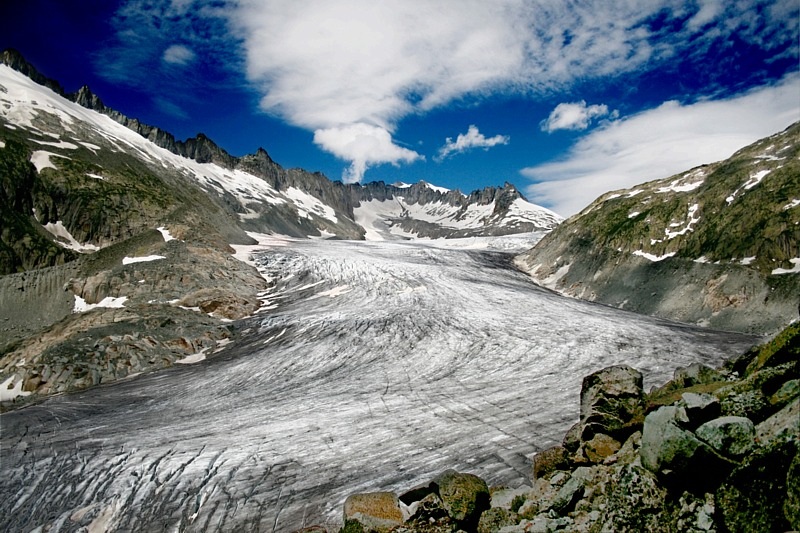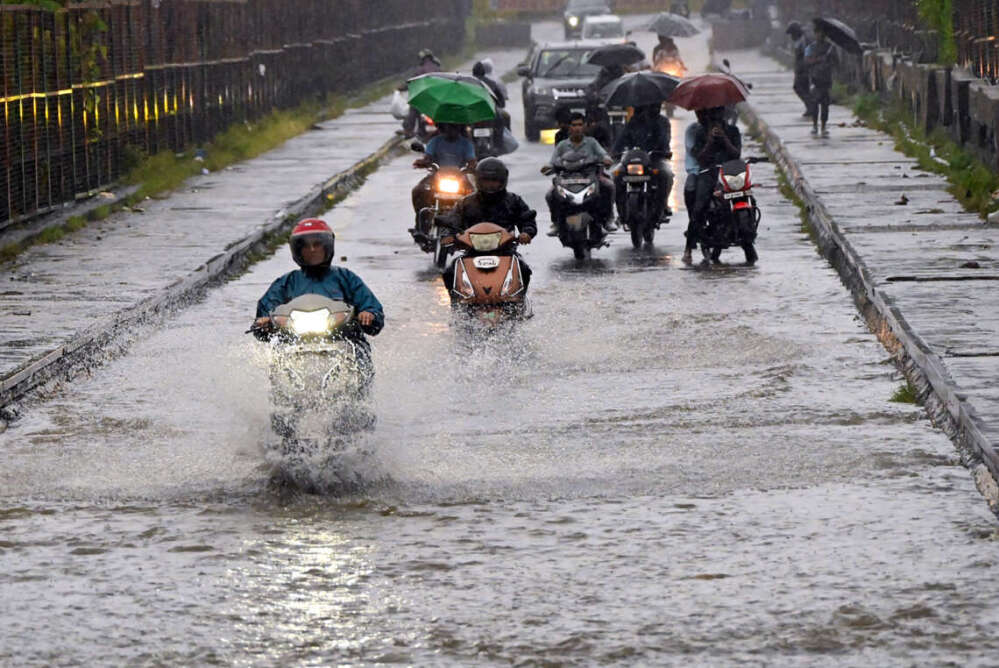Urban farming involves the cultivation of crops within and around cities. This practice not only provides fresh, locally grown produce but also has numerous environmental benefits…writes Maninder Singh
Climate change is no longer a distant concern but a current reality demanding immediate attention. Its effects, from extreme weather to rising sea levels and resource scarcity, are being felt globally. However, within these challenges lies an opportunity for eco-conscious decisions. Urban farming, once viewed as niche, is now recognized as a practical response to mitigate climate change impacts. By converting urban spaces into sustainable ecosystems, urban farming has the potential to transform our environmental stewardship and build a more resilient future.
The need to address climate change is urgent. The WHO estimates that by the 2030s, there could be an additional 250,000 deaths annually due to climate-related diseases like malaria and coastal flooding. Rising temperatures, melting ice caps, and more frequent extreme weather events are among the outcomes of unsustainable practices. The time to take action is now, and urban farming offers a promising path forward.
Urban Farming: A Sustainable Solution
Urban farming involves the cultivation of crops within and around cities. This practice not only provides fresh, locally grown produce but also has numerous environmental benefits. By reducing the need for long-distance transportation of food, urban farming helps to lower carbon emissions. In addition, the use of organic farming practices can improve soil health and biodiversity, further contributing to climate resilience.
Transforming City Spaces
One of the key advantages of urban farming is its ability to convert underutilized city spaces into organic food production centers. Vacant lots, rooftops, balconies, and even vertical surfaces can be repurposed for farming, creating green spaces in the heart of urban areas. This not only enhances the aesthetic appeal of cities but also helps to mitigate the urban heat island effect, which can exacerbate the impacts of climate change.
Community Engagement
Urban farming also promotes community engagement and social cohesion. By bringing people together to grow and share food, urban farms can strengthen social bonds and create a sense of belonging. This can be particularly important in densely populated urban areas where social isolation is a growing concern. Besides, urban farming can provide economic opportunities for local residents, especially in underserved communities.
Policy Support
To fully realise the potential of urban farming, supportive policies and incentives are needed. While some state governments have extended their support by providing subsidies and thus creating an enabling environment for urban farming, policymakers can help to scale up this sustainable practice and make it accessible to more people.
Urban farming has the potential to be a game-changer in the fight against climate change. By transforming city spaces into sustainable havens, urban farming can help reduce carbon emissions, improve food security, and enhance the resilience of urban areas. However, realizing this potential will require concerted efforts from policymakers, communities, and individuals. It is time to embrace urban farming as a solution to climate change and work towards a more sustainable future.
ALSO READ-Boris Johnson to headline Masdar’s Green Hydrogen Summit














